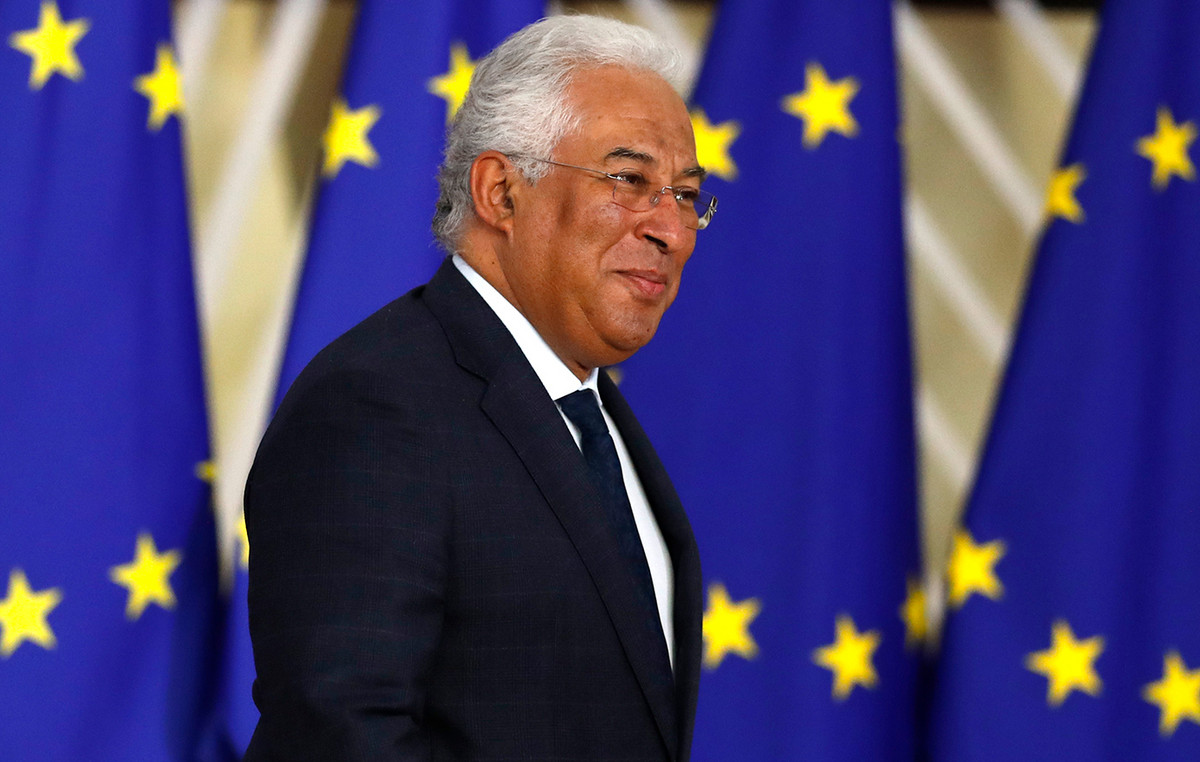By the Bloomberg Opinion Editorial Team
If you think the US Federal Reserve has trouble controlling inflation, give the European Central Bank a sympathetic thought.
On Thursday, its president Christine Lagarde announced the ECB’s first rate hike in 11 years – a bigger-than-expected increase of half a percentage point, bringing the key rate from -0.5% to 0%.
He also announced that the Bank is introducing an upcoming monetary policy Transmission Protection Instrument (TPI), i.e. a debt purchase mechanism to protect against any “unwarranted or disorderly market dynamics”.
These measures, good for their potential, by no means guarantee a smooth return to economic stability.
The peculiarity of inflation in Europe
Prices in Europe rose by almost 9% year-on-year in June, about as strongly as in the US – but the causes of high inflation differ in ways that make the ECB’s job much more difficult.
Excess demand, which monetary policy can address, played a leading role in the US. In the eurozone, not so much: the supply shock due to Russia’s war in Ukraine and disruptions in energy supplies is much stronger, limiting the central bank’s scope for action.
Unemployment is higher in Europe than in the US, increasing the risks of excessive monetary tightening. Worst of all, conditions differ widely among members of the euro monetary union: some are able to cope with higher interest rates and others, saddled with heavy government debts, are not.
It’s a lot for a central bank to manage – and it doesn’t help that European governments are in disarray.
Disruption
In France, President Emmanuel Macron’s faction, which supports the government of Prime Minister Elisabeth Borne, no longer has a majority in parliament.
Germany’s new leader, Olaf Scholz, has struggled to explain his Ukraine policy and now faces further cuts in gas supplies from Russia.
And Italy’s widely respected prime minister, Mario Draghi, resigned out of frustration at the refusal of his country’s parliamentarians and senators to cooperate with him.
In this leadership vacuum, Lagarde and her colleagues are doing their best. Given the circumstances, their reluctance to raise rates until very recently was justified.
This first unexpectedly large increase makes sense because inflation has worsened and the ECB needs to show that it has got to grips with tackling it. Lagarde is right to refuse to make explicit commitments on where interest rates will end up, stressing that this will depend on how economic conditions develop (the Fed, incidentally, would do well to adopt the same approach in its own guidance for her future movements).
Tool
On the other hand, more clarity will be needed on the new “anti-fragmentation” tool. The TPI will allow the central bank to buy the bonds of countries that are struggling to service their debts and face high interest rate spreads.
Lagarde laid out some general principles, but declined to go into detail. It also declined to say whether Italian debt was on its list, insisting the ECB would retain discretion under eurozone fiscal rules. At the moment, it is possible that even the ECB itself does not know what this means, let alone the analysts who study its announcements.
They will soon find out, because the new instrument is likely to be tested. Financial markets were initially impressed by Lagarde’s announcements, but this mood did not last long and the euro quickly lost its initial gains.
A heavily undervalued currency still drives up inflation. The spreads of the Italian debt (as well as that of other eurozone countries) have not been limited. And the energy crisis is likely to get worse before it subsides.
Illusion
In short, Europe’s half-built fiscal and monetary union faces yet another storm. It will find it very difficult to meet this challenge unless member state governments step up.
Above all, they should work more closely together on managing their debts and sharing the burden of the energy squeeze – a job for elected politicians, not bureaucrats. If they expect that they can stand aside and let the ECB do everything, they will soon be convinced that they are deluded.
Source: Bloomberg
I’m Ava Paul, an experienced news website author with a special focus on the entertainment section. Over the past five years, I have worked in various positions of media and communication at World Stock Market. My experience has given me extensive knowledge in writing, editing, researching and reporting on stories related to the entertainment industry.







